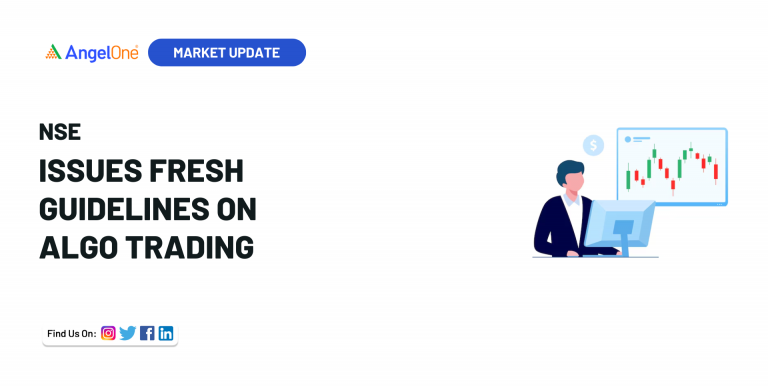
As algorithmic trading becomes increasingly accessible to individual investors, the National Stock Exchange (NSE) has issued a detailed circular to regulate retail participation in this fast-evolving space. These new compliance norms follow the Securities and Exchange Board of India’s (SEBI) February guidelines aimed at enhancing safety, accountability, and transparency in retail algo trading.
Algorithmic trading refers to the use of computer-coded programmes to automate the buying and selling of securities. This allows trades to be executed at high speed and volumes, often yielding better prices and reducing market impact. While traditionally a domain of institutional investors using Direct Market Access (DMA), recent technological advancements have encouraged greater retail interest in this space.
The NSE’s circular outlines operational and compliance requirements that must be met by brokers and retail clients engaging in algo trading. Here are the major highlights:
Retail investors will be granted API (Application Programming Interface) access to broker trading platforms. To use this:
All API sessions must be logged out at the end of each trading day to prevent misuse. Clients will be allowed to update their mapped static IP addresses once per week, ensuring both flexibility and control.
Read More: SEBI Extends Retail Algo Trading Norms Deadline to August 1.
The NSE has introduced a Threshold Order Per Second (TOPS) metric, initially capped at 10 orders per second. Orders below this threshold:
Retail investors developing their own trading algorithms must register them through their broker if their trading volume exceeds the TOPS threshold. This ensures accountability even when algorithms are generated outside of broker platforms.
Brokers have been placed at the centre of compliance enforcement:
Importantly, brokers have been barred from collaborating with unauthorised algo providers since September 2022.
The NSE retains the right to deactivate or ‘kill’ rogue algos if they are found to disrupt market operations. This reinforces the exchange’s commitment to maintaining orderly and secure trading environments.
With growing retail interest and SEBI’s push for robust risk frameworks, the latest NSE norms are a step toward democratising access to sophisticated trading tools—without compromising market integrity.
Disclaimer: This blog has been written exclusively for educational purposes. The securities mentioned are only examples and not recommendations. This does not constitute a personal recommendation/investment advice. It does not aim to influence any individual or entity to make investment decisions. Recipients should conduct their own research and assessments to form an independent opinion about investment decisions.
Investments in the securities market are subject to market risks, read all the related documents carefully before investing.
Published on: May 8, 2025, 3:45 PM IST

Team Angel One
We're Live on WhatsApp! Join our channel for market insights & updates
